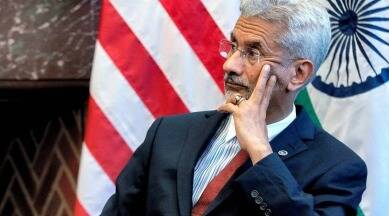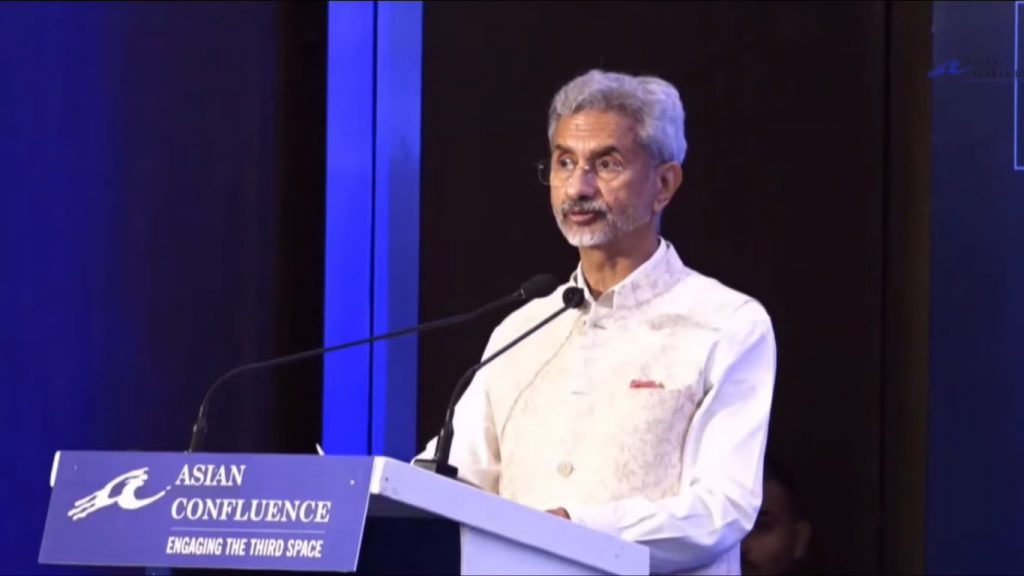Will never accept unilateral change of status quo: S. Jaishankar
India’s borders need safeguarding, it will never accept any attempt to “unilaterally change the status quo”, and a posture that “departs from established understanding” will evoke its own responses, External Affairs Minister S Jaishankar said on Tuesday. He was addressing foreign diplomatic corps at a special event organised to celebrate eight years of the Modi government.

“We have overcome the hesitations of history and will not allow anyone a veto on our choices,” he said. India has been engaged with China for the past two years over border row in Eastern Ladakh.
Speaking of how self-reliance adds to making a stronger India, Jaishankar said that in the past, globalisation caused “lowered defences”. “In the past, mantras of globalisation lowered its defences and discouraged building of deeper strengths. That realisation is responsible for the commitment we now see to Atmanirbhar Bharat,” he said.
Jaishankar said that India shares the international community’s disappointment with the United Nations. “While our endeavours will always remain supportive, we also share the disappointment of the international community of the UN’s declining effectiveness,” he said.

Jaishankar also spoke of the triumph of diplomacy over terrorism as part of the foreign policy achievement. “Diplmacy has contributed to addressing that challenge by delegitimising it and by denying it support and sustenance to terrorism,” he said.
He said India is looking forward to joining the Nuclear Suppliers Group, overcoming the “political impediments” that are against global interest, seen as an indirect reference to China’s objection to New Delhi’s entry into the elite group of nations.
Speaking of India’s stance towards neighbours, Jaishankar said that India has a “generous, non-reciprocal approach to our immediate proximity”.
“Whether during Covid or current economic challenges, India has gone the extra mile for its neighbours and will continue to do so,” he said.
He said India has also articulated a “sharp awareness” of its extended neighbourhoods. “It is expressed in Act East policy…a Gulf engagement and a Central Asia initiative,” he said, adding “in each case, whether it is leadership attention, diplomatic energies, practical projects, or shared activity, the record is one of higher commitment”.
The news has not been edited by our staff and has been posted here to keep the users updated.







